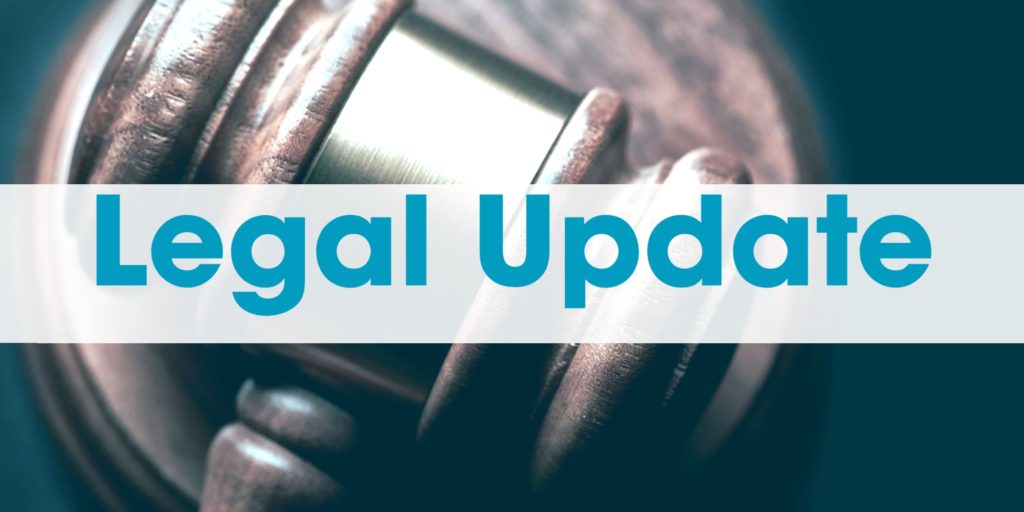 New York City has amended its Earned Safe and Sick Time Act (ESST) to align with the state’s paid sick leave law (PSL), which was passed in April 2020 as part of the state budget. Both the amendments to the city ESST and the accrual and notice portions of the state law take effect Sept. 30, 2020.
New York City has amended its Earned Safe and Sick Time Act (ESST) to align with the state’s paid sick leave law (PSL), which was passed in April 2020 as part of the state budget. Both the amendments to the city ESST and the accrual and notice portions of the state law take effect Sept. 30, 2020.
The ESST amendments make a number of changes to the law, most notably how much leave must be provided by employers of different sizes, as follows:
- Small businesses with four or fewer employees and an income less than $1 million must provide 40 hours of unpaid leave.
- Small businesses with four or fewer employees but an income of at least $1 million must provide 40 hours of paid leave.
- Most businesses with 99 or fewer employees must still provide 40 hours of paid sick leave.
- Large businesses of 100 or more employees must provide up to 56 hours of paid leave.
The amendments specify that leave must be paid at the employee’s regular rate, but at no less than the highest applicable minimum wage or contract rate, and without a tip credit. The ESST changes also eliminate:
- The 80-hour work requirement for leave eligibility; and
- The 120-day waiting period for taking leave. (Although employees who are newly eligible for certain leave benefits under the amendments must wait until Jan.1, 2021, for those benefits to apply.)
Other key amendments include expanded employer notice and recordkeeping rules, changed enforcement provisions, additional penalties, and the directive that any state law standard for leave that exceeds the city’s ESST standard be incorporated in the ESST.
The amendments to the city’s Earned Safe and Sick Time Act impose new leave obligations on the smallest and largest employers.
Important Dates
April 1, 2014
New York City paid sick leave law, later called the Earned Safe and Sick Time Act (ESST), took effect.
April 3, 2020
New York State paid sick leave law was passed.
Sept. 30, 2020
Parts of the state paid sick leave law and all of the ESST amendments aligning the city law to the state law take effect.
This Legal Update is not intended to be exhaustive nor should any discussion or opinions be construed as legal advice. Readers should contact legal counsel for legal advice. ©2020 Zywave, Inc. All rights reserved.

